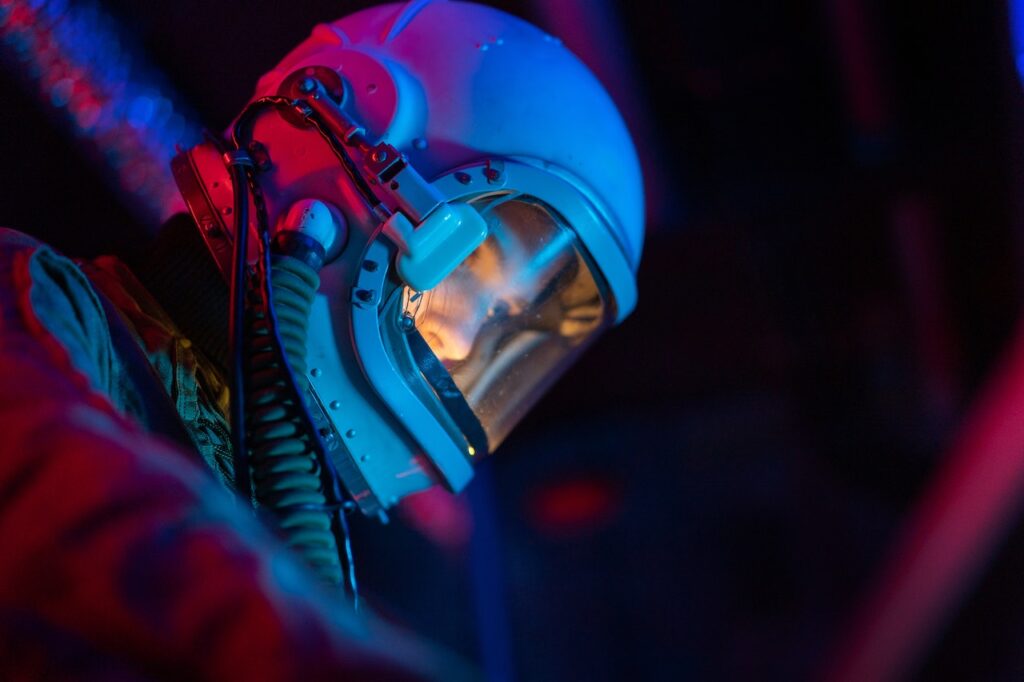Artificial intelligence (AI) has fascinated humanity for decades, often depicted as a fantastical technology limited to the realms of science fiction. However, in recent years, AI has migrated from the pages of novels and the silver screen to become an integral part of our daily lives. From voice assistants like Siri and Alexa to self-driving cars and advanced medical diagnostics, AI has permeated numerous aspects of society, revolutionizing industries and opening up a world of possibilities. In this blog post, we’ll take a closer look at the wonders of artificial intelligence, exploring its applications, impact, and potential for the future.
Understanding Artificial Intelligence
Before diving into the wonders of AI, it’s essential to understand what exactly artificial intelligence entails. AI refers to the development of computer systems that can perform tasks that would typically require human intelligence. These tasks include problem-solving, learning from experience, language processing, and even recognizing visual patterns.
Artificial intelligence encompasses various subfields, including machine learning, natural language processing, computer vision, and robotics. These branches of AI work in harmony to create intelligent systems capable of analyzing vast amounts of data, identifying patterns, and making informed decisions.
Applications of Artificial Intelligence
Artificial intelligence has already found its way into numerous industries, shaping the way we live, work, and interact with technology. Let’s explore some of the most significant applications of AI:
1. Healthcare
AI has the potential to revolutionize healthcare by improving diagnosis accuracy, streamlining workflows, and enhancing patient care. Machine learning algorithms can analyze medical records and images to detect diseases at an early stage with greater precision. Additionally, AI-powered chatbots enable patients to access basic medical advice and support, reducing the burden on healthcare professionals.
2. Transportation
Self-driving cars are no longer confined to the pages of science fiction novels. AI algorithms, powered by sensor data and advanced computer vision, are paving the way for autonomous vehicles. These vehicles have the potential to increase road safety, reduce congestion, and transform the transportation industry. Additionally, logistics companies are leveraging AI to optimize routes and minimize delivery times.
3. Finance
AI is transforming the finance industry by enhancing fraud detection, streamlining customer service, and improving trading decisions. Machine learning models can analyze vast amounts of financial data to detect patterns indicative of fraudulent activity. Moreover, AI-powered chatbots enable financial institutions to provide personalized and responsive customer support.
4. Entertainment
From personalized movie recommendations on streaming platforms to AI-generated music, artificial intelligence is reshaping the entertainment industry. Machine learning algorithms leverage user preferences and historical data to suggest movies, TV shows, and songs tailored to individual tastes. Additionally, AI enables the creation of virtual reality experiences and augmented reality games, immersing users in interactive digital worlds.
5. Education
AI has the potential to transform education by personalizing learning experiences and improving student outcomes. Intelligent tutoring systems can assess individual student performance and adapt instructional content accordingly, ensuring personalized learning paths. Moreover, natural language processing enables the development of AI-powered language learning platforms that can provide instant feedback and assist learners in improving their language skills.
The Impact of Artificial Intelligence
While the wonders of artificial intelligence are undeniable, we must also consider the potential challenges and impact it brings. Let’s explore some key points:
1. Job Displacement
As AI becomes increasingly capable of performing tasks previously reserved for humans, concerns arise regarding job displacement. While some jobs may be eliminated, new opportunities and roles will emerge. AI can augment human capabilities and free up time for more creative and complex tasks.
2. Ethical Considerations
The development and deployment of AI raise critical ethical considerations. Issues such as bias in algorithms, data privacy, and accountability must be carefully addressed to ensure AI systems are fair and just. Building ethical AI systems requires interdisciplinary collaboration and a comprehensive understanding of the social implications of AI.
3. Technological Dependence
As AI becomes more prevalent, there is a risk of over-reliance and potential vulnerabilities. Society must ensure that adequate safeguards are in place to protect against misuse and unintended consequences. Transparency, oversight, and responsible governance are essential to mitigate risks associated with technological dependence.
The Future of Artificial Intelligence
Looking ahead, the future of artificial intelligence holds incredible promise. As AI technology continues to advance, we can expect even more exciting developments and integrations. Here are a few areas that show great potential:
1. Healthcare Advancements
AI will continue to revolutionize healthcare, providing enhanced diagnoses, personalized treatment plans, and improved patient outcomes. Advanced machine learning algorithms will refine medical image analysis, enabling faster and more accurate detection of diseases. Precision medicine will become more widespread, tailoring treatments to an individual’s genetic makeup.
2. Climate Change Mitigation
Artificial intelligence can play a crucial role in addressing climate change. From optimizing energy consumption to analyzing climate models, AI can help us develop sustainable solutions. For example, machine learning algorithms can optimize and automate energy usage in buildings, reducing carbon emissions.
3. Humanoid Robots
The development of humanoid robots that can interact with humans naturally is a thrilling prospect. These robots could assist with household chores, provide companionship, and perform tasks in hazardous environments. While still in the early stages, advances in robotics and AI will bring us closer to having intelligent humanoid companions in our daily lives.
Conclusion
Artificial intelligence has transitioned from the realm of science fiction to a reality that permeates our lives. With its applications spanning healthcare, transportation, finance, entertainment, and education, AI has already transformed numerous industries. While we understand the wonders and potential it holds, we must also be mindful of the challenges and ethical considerations that arise. As we move forward, the future of artificial intelligence promises exciting advancements in healthcare, climate change mitigation, and the development of humanoid robots. Embracing AI responsibly and consciously will allow us to harness its incredible potential and shape a brighter and more intelligent future.
Whether you’re a newcomer to the concept of artificial intelligence or well-versed in the subject, the wonders and possibilities of AI beckon us all to explore this fascinating field. So, ready to dive into the world of AI and witness the incredible transformations it brings? Let’s embark on this captivating journey together!




